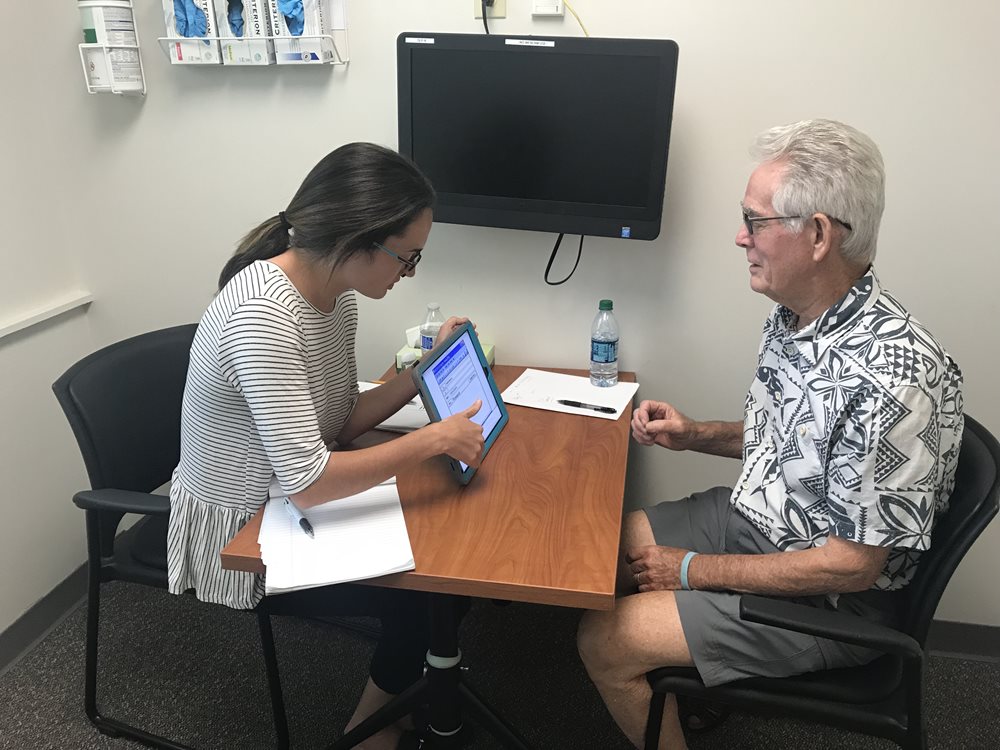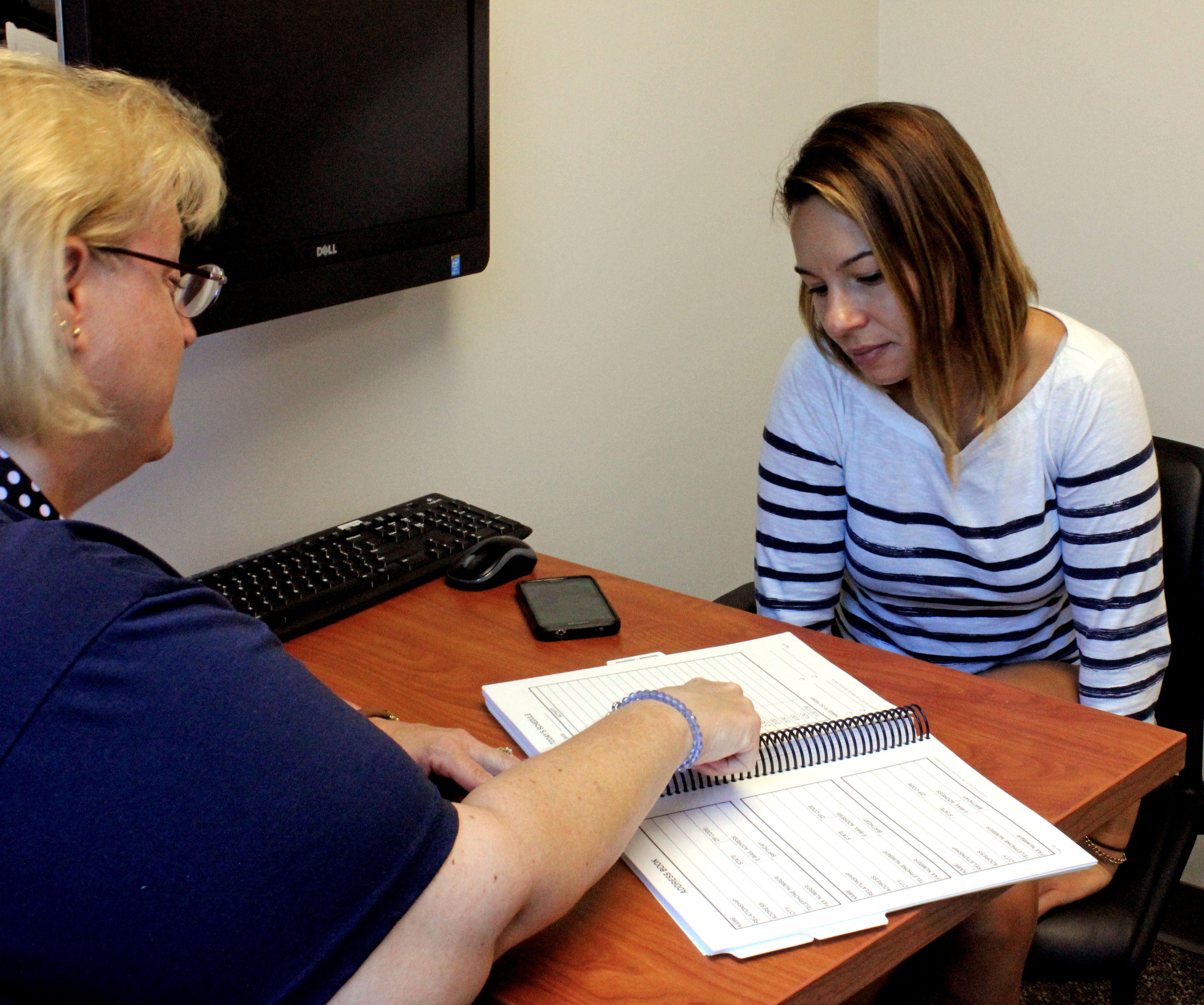Understanding Aphasia and Dysphagia
Communication is an integral part of our daily lives, enabling us to express thoughts, emotions, and desires. When we communicate, our brain has to complete a series of tasks. Different parts of our brains are responsible for each of these tasks. However, certain conditions can significantly hinder our ability to communicate effectively. Aphasia and dysphagia are two distinct disorders that affect different aspects of communication. While aphasia disrupts language and speech abilities, dysphagia impacts the ability to swallow.
 What is Aphasia?
What is Aphasia?
Aphasia is a neurological disorder that impairs a person's ability to understand and produce language. It is often caused by brain damage resulting from strokes, traumatic brain injuries, or other conditions affecting the language centers in the brain. Individuals with aphasia may struggle with speaking, listening, reading, and writing.
Types of Aphasia
- Expressive Aphasia
- People with expressive aphasia find it challenging to articulate their thoughts into words. They may have trouble finding the right words or forming grammatically correct sentences.
- Receptive Aphasia
- Receptive aphasia affects an individual's ability to understand spoken or written language. They may have difficulty comprehending the meaning of words, sentences, or instructions.
- Global Aphasia
- Global aphasia is the most severe form, impairing both expressive and receptive language abilities. It leads to significant difficulties in communicating and understanding others.
Symptoms
- Speak in short or incomplete sentences
- Speak in sentences that don't make sense
- Substitute one word for another or one sound for another
- Speak unrecognizable words
- Have difficulty finding words
- Not understanding other people's conversation
- Not understanding what they read
- Write sentences that don't make sense
 Treatment and Support
Treatment and Support
Speech therapy plays a vital role in the rehabilitation of individuals with aphasia. Therapists employ various techniques to improve language skills, such as word-finding exercises, conversational practice, and the use of alternative communication methods like gestures or augmentative and alternative communication (AAC) devices.
The main treatment for aphasia is speech and language therapy. A speech-language pathologist (SLP) will provide activities to help improve the person's ability to communicate by restoring as much language as possible, teaching them how to compensate for lost language skills and in finding other methods of communicating. Treatments can be done in both individual and group settings.
What is Dysphagia?
Dysphagia refers to difficulties in swallowing, which can result from neurological disorders, stroke, head and neck cancer, or muscular impairments. It affects the entire swallowing process, from the oral phase (chewing) to the pharyngeal phase (swallowing) and the esophageal phase (passage to the stomach).
Types of Dysphagia
- Oropharyngeal Dysphagia
- This type of dysphagia occurs due to problems in the mouth or throat, making it difficult to initiate a swallow or propel food toward the esophagus. It can lead to choking, aspiration, and respiratory issues.
- Esophageal Dysphagia
- Esophageal dysphagia involves difficulties in moving food from the esophagus into the stomach. It can result from structural issues, muscular disorders, or restrictions in the esophagus.
Symptoms
- Choking when eating
- Coughing or gagging when swallowing
- Drooling
- Food or stomach acid backing up into the throat
- Recurrent heartburn
- Hoarseness
- Pain while swallowing
- Sensation of food getting stuck in the throat or chest, or behind the breastbone
- Unexplained weight loss
- Bringing food back up (regurgitation)
- Difficulty controlling food in the mouth
 Treatment and Support
Treatment and Support
Dysphagia management involves a multidisciplinary approach. Speech-language pathologists (SLP) from the Speech-Language Institute can closely evaluate someone experiencing symptoms of a swallowing disorder. They may start by asking you about your health, past illnesses, surgeries, and your swallowing problems. The SLP will also look at your teeth, lips, jaws, tongue, and cheeks. They may also check how you swallow different consistencies of liquids and foods. They can also perform special tests, if needed.
If you or a loved one is facing communication challenges following a stroke or any other traumatic brain injury, the Speech-Language Institute of Salus University is here to assist you. Our team of skilled speech-language pathologists specializes in evaluating and treating individuals with speech and language difficulties.
Additionally, we offer an Aphasia Support Group, affiliated with the National Aphasia Association, specifically designed for adults who have experienced a stroke or brain injury and struggle with communication.
To join our supportive community, sign up for the Aphasia Support Group by giving us a call at 215.780.3150.